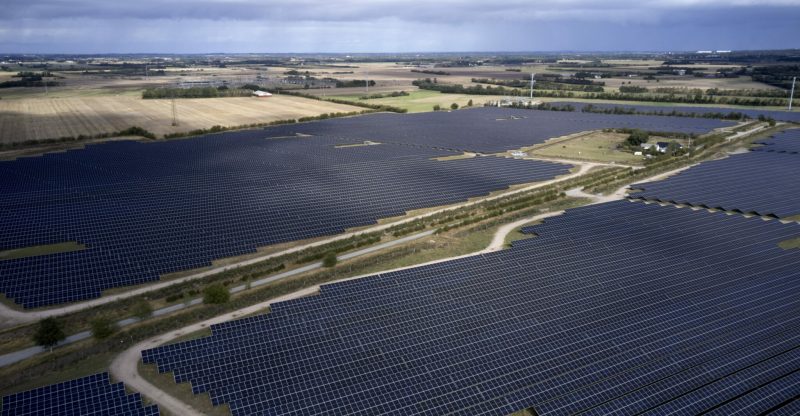European Energy’s 128.5 MW solar park in Svedberga outside Helsingborg, has been approved by the Land and Environment Court in Växjö.
PVTIME – European Energy is getting ready to start constructing Sweden’s largest solar park project to date. The solar park will have a capacity of 128.5 MW.

The construction of the solar park was halted earlier this year, when the County Board in Skane decided to reject the application for the solar park.
The Land and Environment Court in Växjö found that the decision was wrong, however. Assuming the verdict is not appealed, the solar park could be producing electricity already in 2024, which will increase supply and pressure electricity prices downwards.
Svedberga will be the largest single fossil-free power production capacity in the region of Skane since the decomissioning of the nuclear power plant Bärseback.
– It is a milestone for large-scale solar power in Sweden. This case is extremely gratifying for both individuals and companies in southern Sweden who has suffered from shortages and high electricity prices. The solar park in Svedberga will generate new green electricity corresponding to the annual consumption of 35,000 residential households, which is the largest single contribution of new electricity to the region in many years, says Jens-Peter Zink, Deputy CEO of European Energy.
In its decision, the Land and Environmental Court states that the protective measures and adaptations that European Energy has proposed to protect the environment are sufficient. They refer, among other things, to the comprehensive environmental impact assessment.
The solar park in Svedberga covers a total area of 232.5 hectares, of which approximately one third will be utilized for solar power production. The rest of the land can be used for agricultural cultivation. At the outer edge of the solar park, many trees and bushes will be planted – a reinforcement of biological diversity.
– We are prepared for the start of construction. The plan is to have the entire park completed in 2023 and in production in 2024, says Peter Braun, Head of Projects in Sweden, Norway and Finland for European Energy.











